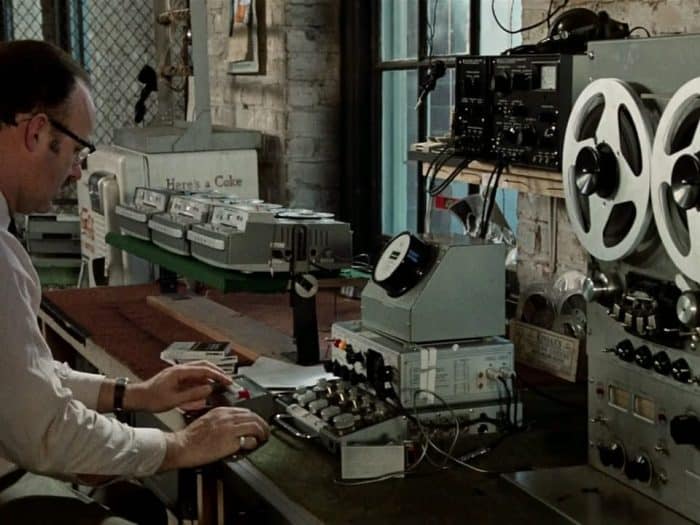
Roger Ebert said of The Conversation that it “comes from another time and place than today’s thrillers, which are so often simple-minded.” He praised its characterization and his electronic barriers from life – barriers that have become even more prominent since the film’s premiere.
Helping to understand what Ebert means by this, and the general state of society in the 1970s is Julian Palmer’s video essay on the film. Understanding that everyone in America felt betrayed by their government, their neighbors, and every system they trusted help crack into why this film feels so antagonistic towards the world – even its own protagonist.
Director Francis Ford Coppola has said he felt the response to the film was heavily influenced by Watergate, which happened mere months after the release but had mainly been inspired by Blow-Up. This film inspired Blow Out, another rabidly critical film that received a similar interpretation, and maintained the same arms-length relationship between “hero” and audience.
Related Topics: Francis Ford Coppola, Video
